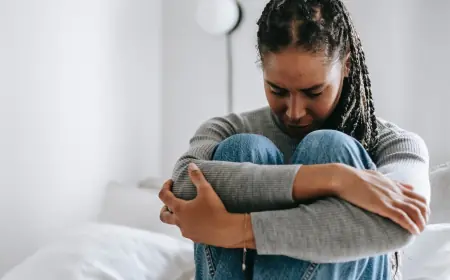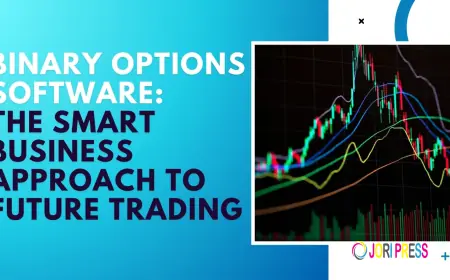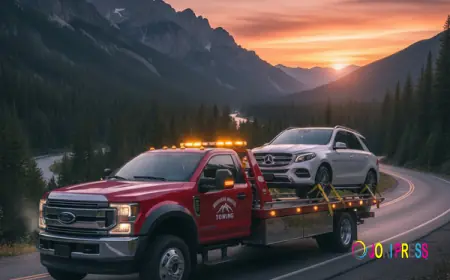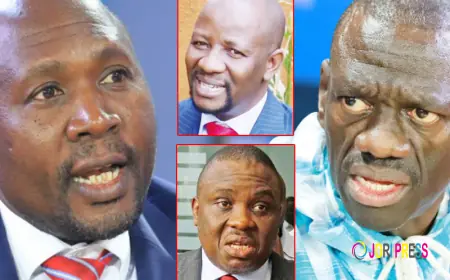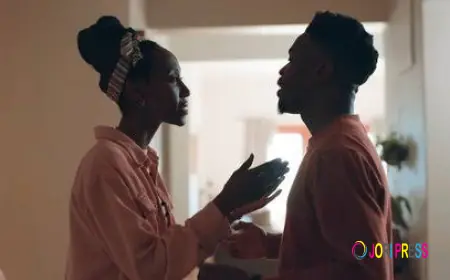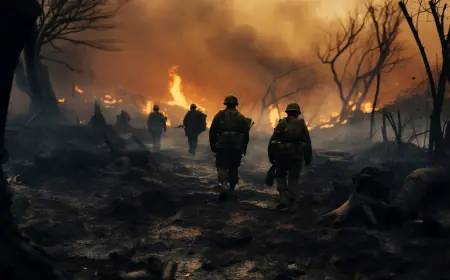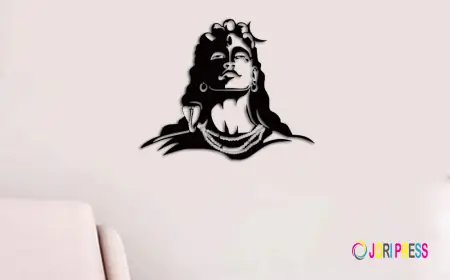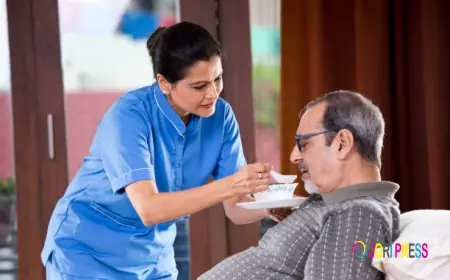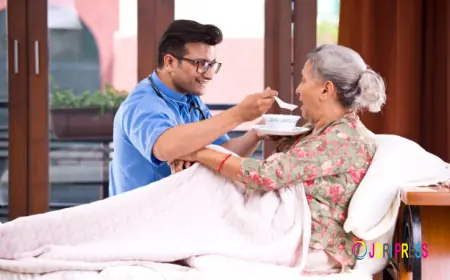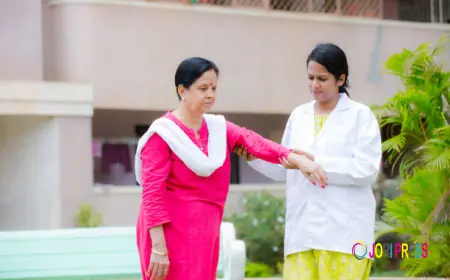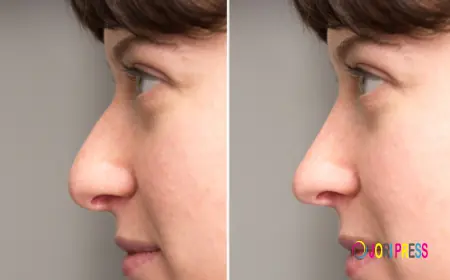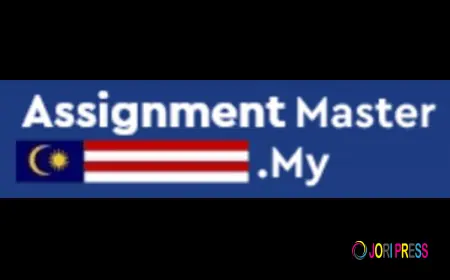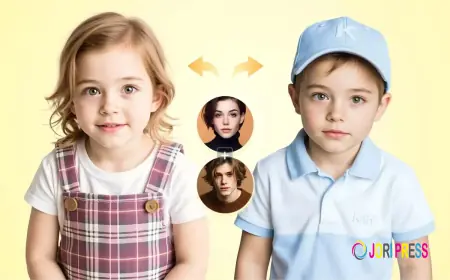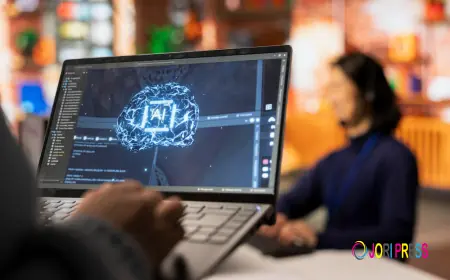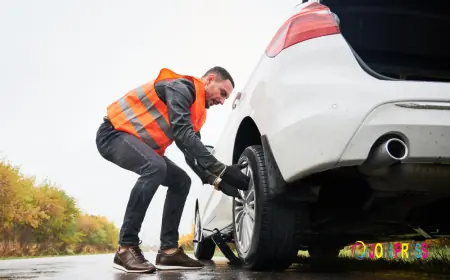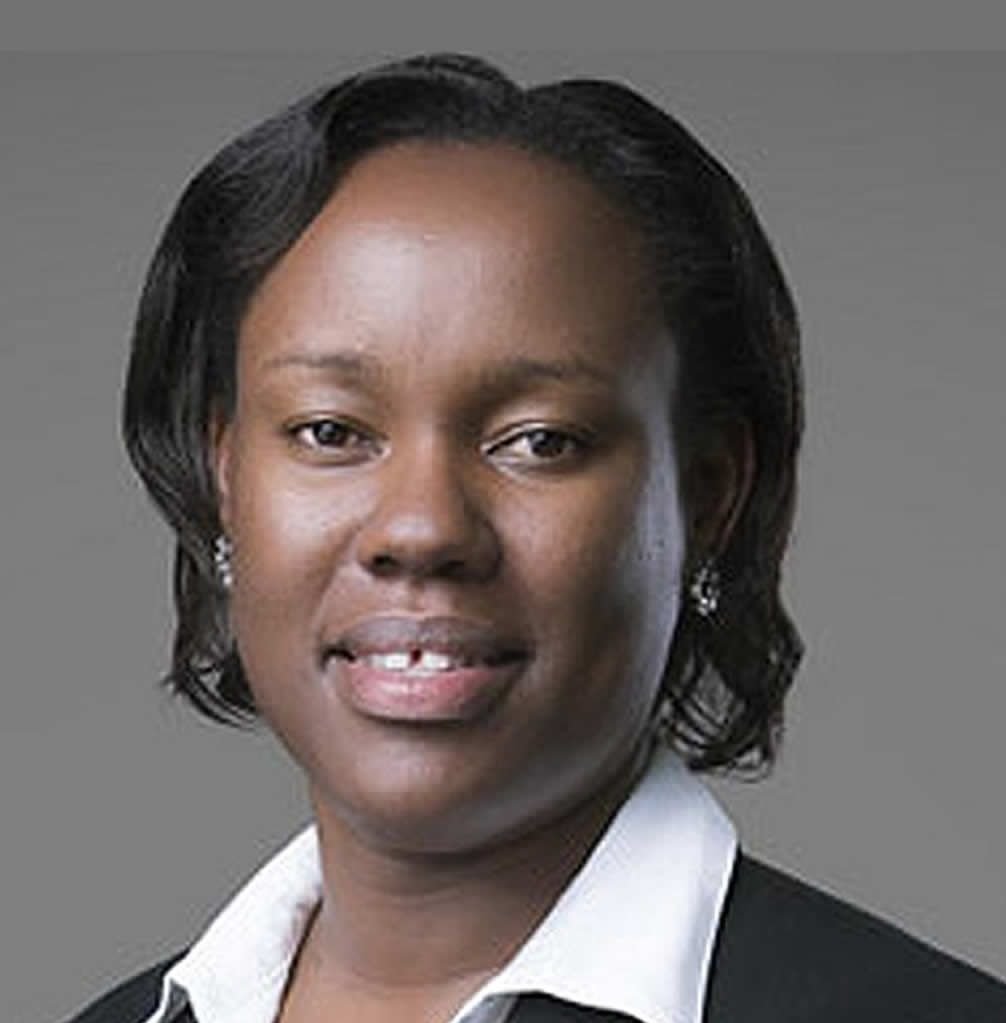Protect SRHR Consortium hosts ‘Brave Girls Festival’ in Nebbi


Nebbi, Uganda | THE INDEPENDENT | The Protect SRHR Project consortium, comprising the International Rescue Committee (IRC), Reach A Hand Uganda (RAHU), Humanity & Inclusion and World Vision, has held the inaugural Brave Girls Festival that brought together young people, parents, cultural and religious leaders, and policymakers to discuss urgent issues around sexual and reproductive health and rights (SRHR).
The festival, held Thursday at Namrwodho Primary School in Nebbi District, was officiated by the Minister of State for Mineral Development, Phiona Nyamutoro, who delivered a passionate call for open dialogue on SRHR and pledged to champion girls’ empowerment initiatives in the region.
“We have for too long feared and ignored talking about matters of sexual rights, and it is probably not too far to assume that this is why we continue to see high rates of teenage pregnancies and sexual and gender-based violence (SGBV) in the West Nile region,” Nyamutoro stated.
She urged communities to normalize SRHR conversations in homes, schools, and community spaces, pointing to lessons from the COVID-19 pandemic when cases of teenage pregnancy and gender-based violence surged. As part of her commitment, the Minister pledged to support SRHR clubs, centers, and school-based lessons to equip young people with knowledge about their rights.
Speaking on behalf of the consortium, Modest Kinawa, Project Lead of Protect SRHR, emphasized the festival’s role in amplifying girls’ voices and creating collective solutions:
“Young, bold, and connected is more than a slogan—it’s an invitation for us to see the people of Nebbi and West Nile not for the challenges they face, but for the boundless potential they hold. Together as a consortium, we are committed to reducing preventable maternal deaths, teenage pregnancies, and early marriages by ensuring girls have access to education, health services, and supportive communities.”
The event also featured remarks from Her Worship Enid Nanyange, who called for intentional parenting and breaking toxic cycles that fuel teenage pregnancies, and Onenchan Gilbert, PACAO of Nebbi, who shared his personal story of surviving early marriage. Their testimonies highlighted the urgency of investing in education, mentorship, and community-driven interventions to protect and empower girls.
This festival’s theme, “Young, Bold & Connected: Reimagining Our Potential”, was introduced by Sheila Kasabiti, SRHR Technical Specialist, who stressed the need to challenge cultural norms, bridge the digital divide, and create safe spaces for girls to thrive.
The Brave Girls Festival is part of the Protect SRHR Project, a joint initiative of IRC, Humanity & Inclusion, World Vision, and RAHU. The consortium is dedicated to advancing sexual and reproductive health and rights in Uganda by working with leaders, families, and young people to reduce early marriages, preventable maternal deaths, and gender-based violence.
The PROTECT SRHR is a 4-year disability inclusive project that aims to improve access to and utilization of quality Sexual and Reproductive Health and Rights (SRHR) services, including information, among adolescents, women, girls, and vulnerable populations, including persons with disabilities, in 06 Districts of the West Nile Region of Uganda. These include: Nebbi, Pakwach, Terego, Maracaha, Yumbe, and Koboko in West Nil,e with activities implemented in consortium partnership with organizations like IRC, HI, RAHU, and Open Capital Advisors.
The project will further increase access to and utilization of SRHR and GBV services by women, adolescents, and young people (10-24), including marginalized groups, and improve retention and completion rates of girls and boys in primary and secondary schools. This will be attained by reducing preventable maternal deaths, teenage pregnancies, sexual and gender-based violence (SGBV), child marriage, and new HIV infections among adolescent girls in the six districts of the West Nile region.
The project will work through community structures, including health facilities where various ISRHR services and activities, including youth days, will take place; therefore, the activity will support scoping out the health facilities.
Officials said that young people, especially adolescent girls and young women in West Nile, face challenges related to SRHR and GBV, including high rates of teenage pregnancy, child marriage, and limited access to youth-friendly services. Their voices are often absent from the decision-making tables that directly affect their lives. This documentation seeks to center their narratives and empower them as agents of change.



